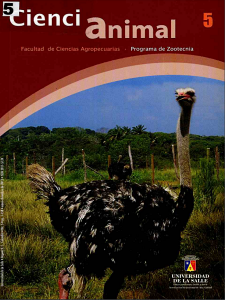Abstract
The nutritional value of milk is an important aspect in production systems, and it is determined by different factors such as food, climate, lactation period and genetics. Food changes the composition of milk in a short time, and a diet with high content of fiber increases the concentration of fat, but may affect voluntary consumption; whereas a diet with low content of fiber and high content of fermentable carbohydrates reduce the concentration of fat and increase the volume and protein in the milk, but could produce ruminal acidosis and reduce the concentration of protein. Small variations in the normal concentrations of protein in the diet do not affect the composition of the milk; however, low levels of degradable protein in the rumen decrease the concentration of fat, due to the reduction of microorganisms that degrade the fiber. Changes in climate condition throughout the year affect the volume and nutritional composition of the milk; in addition, changes in temperature and environment humidity affect the animals’ voluntary consumption. There are also changes in the milk’s nutritional composition during the lactation period, and during initial stages there is less concentration of fat and protein, due to a greater volume. Genetic improvement has a positive effect in the concentration of solids in milk; however, in the long term, fat and protein concentrations are related to the breed.Downloads
Download data is not yet available.



